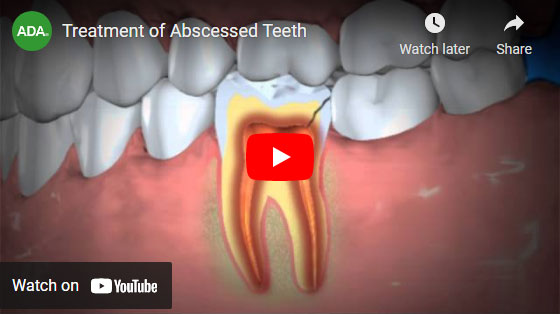Root Canal

Table of Contents
Toggle
What Is a Root Canal?
A root canal treatment clears out the inner part of a tooth. This bundle of nerves and blood vessels plays a vital role in the tooth’s growth. However, it can pose an issue if exposed to bacteria. Fortunately, you can have it cleared away without harming the health of the tooth. In fact, a root canal’s main purpose is to preserve your tooth’s health. If you have a dental abscess or severely damaged tooth, we can even offer same-day appointments for rapid treatment.
Benefits of a Root Canal
- Save a tooth from dying
- Alleviate painful symptoms
- Preserve overall oral health
- Pain-free treatment
- Prevent an infection from spreading
- Restore the appearance of a tooth
Root Canal Treatment Overview
- Anesthetic: We numb the treatment area to prevent any pain. In cases when patients have dental anxiety, we can also provide mild sedation options.
- Clearing Out: Your dentist will access the inner part of the tooth and clear out all the inner tissue. We also will remove any decayed parts of the tooth and fully sanitize it.
- Filling: We place a material called gutta-percha within the tooth to restore its stability. This material will fill the space where the cleared-out pulp once resided.
- Sealing: We seal the tooth with a filling-like material or a dental crown. The type required will depend on the extent of damage to the tooth.
Root Canal FAQs
Is a root canal painful?
It has been many years since a root canal was painful. Though many people grew up with films and TV that overhyped this treatment, the truth is that it feels almost the same as a routine filling. Careful use of anesthetic ensures the entire treatment area remains numb from start to finish.
However, you may feel some soreness after treatment. Still, this should stay mild and resolve within a day or two. If it feels uncomfortable, patients can manage it with OTC pain relievers (like acetaminophen or ibuprofen). Otherwise, you most likely will only notice how much better your tooth feels with the infection gone.
How long do root canal results last?
A root canal can provide lasting stability for a tooth for years. The more skilled your dentist is, the more likely they can provide long-lasting results. Additionally, the type of restoration will influence how long the results last. While a filling means more of your tooth remains, the material can wear away over time. Patients may need the filling replaced after 7 to 20 years, depending on the material used and individual factors. Dental crowns tend to last longer, but we reserve the use of them for cases when most of the tooth is damaged.
When do I need a root canal?
The only sure way to know you need a root canal is to visit your dentist. While many patients may have extremely painful symptoms, others might not notice anything yet. It depends on the stage of the infection or the type of damage to the tooth. Some signs that point to needing a root canal can include:
- Severe tooth pain
- Swollen or discolored gums
- Bleeding gums
- Sudden sensitivity to hot and cold temperatures
- Notable breaks or cracks in the tooth
Timely treatment can save a tooth. But waiting too long can put your oral health in jeopardy. When in doubt, a quick visit is always a good idea. Call our office to set up an exam.
What are alternative treatments?
- Dental Filling: Fillings can treat milder cases of decay. Namely, fillings treat cavities, which are small pockets where decay has eaten away at a tooth.
- Tooth Extraction: In more severe cases, you may need to have your tooth pulled. We always reserve extraction for cases when no other restorative option could prove viable. Fortunately, patients have several options for replacing an extracted tooth.
Schedule Your Appointment

Read more reviews on

We are proudly associated with








